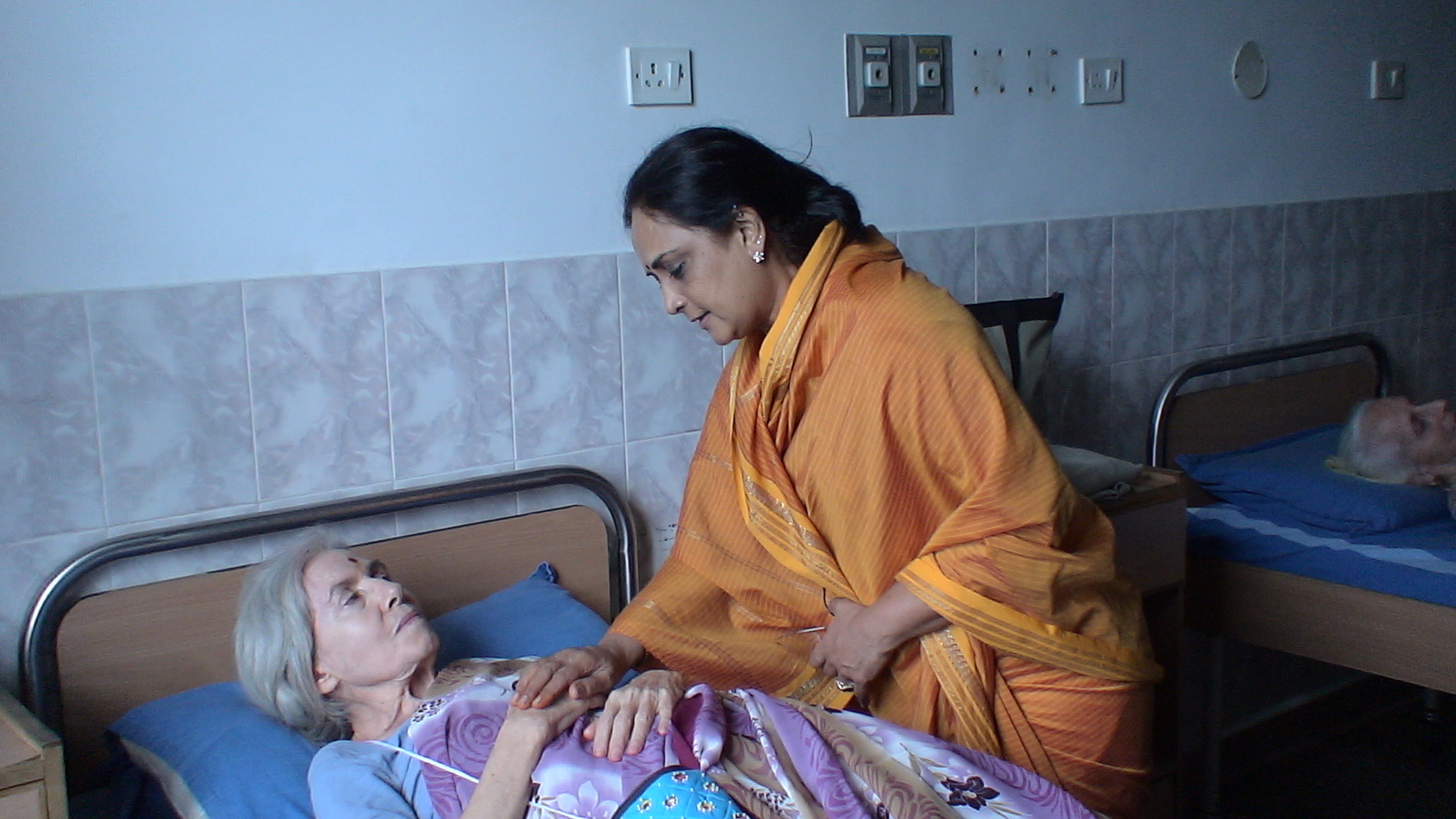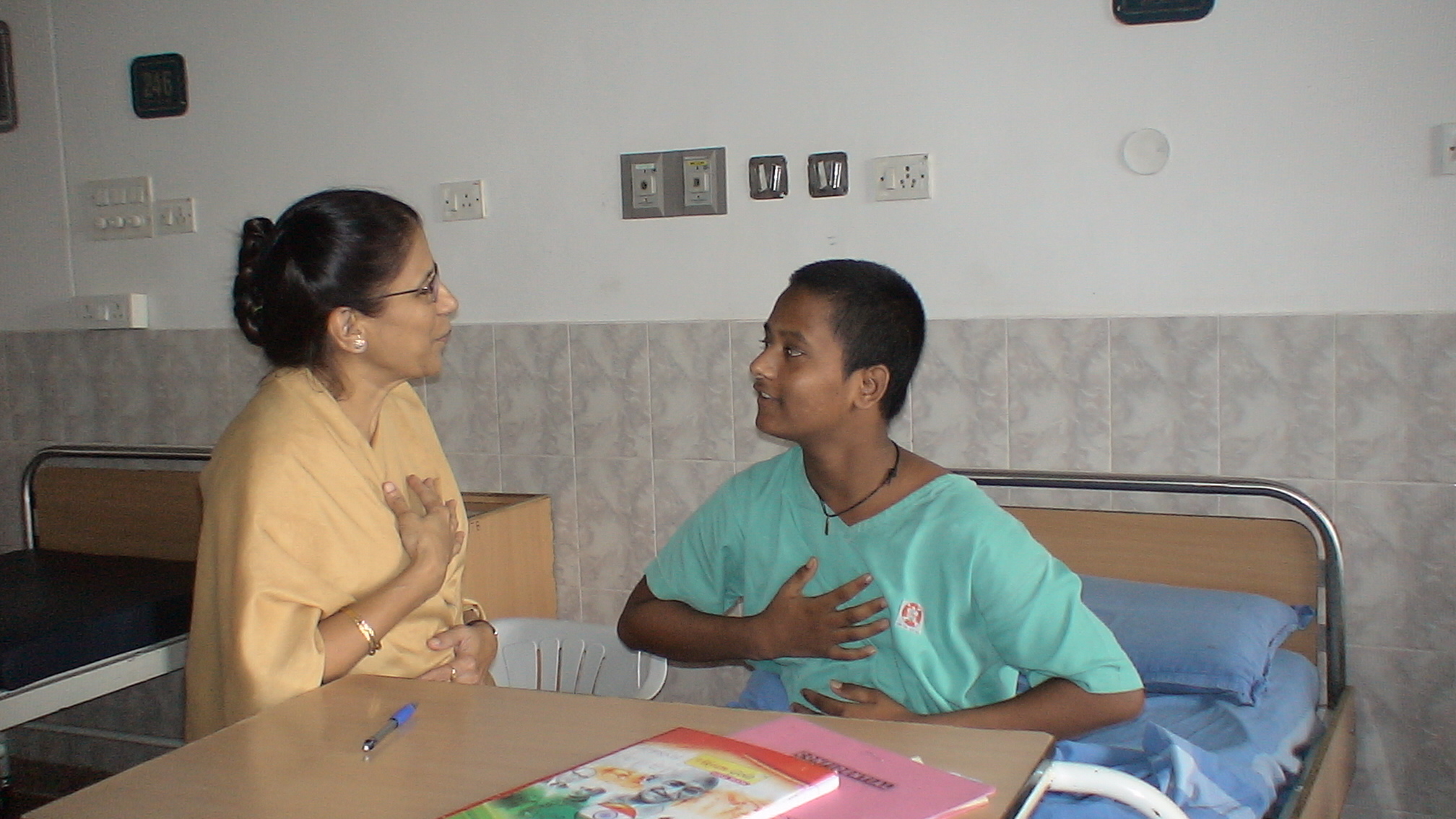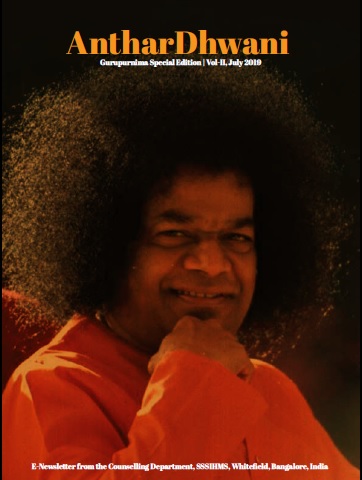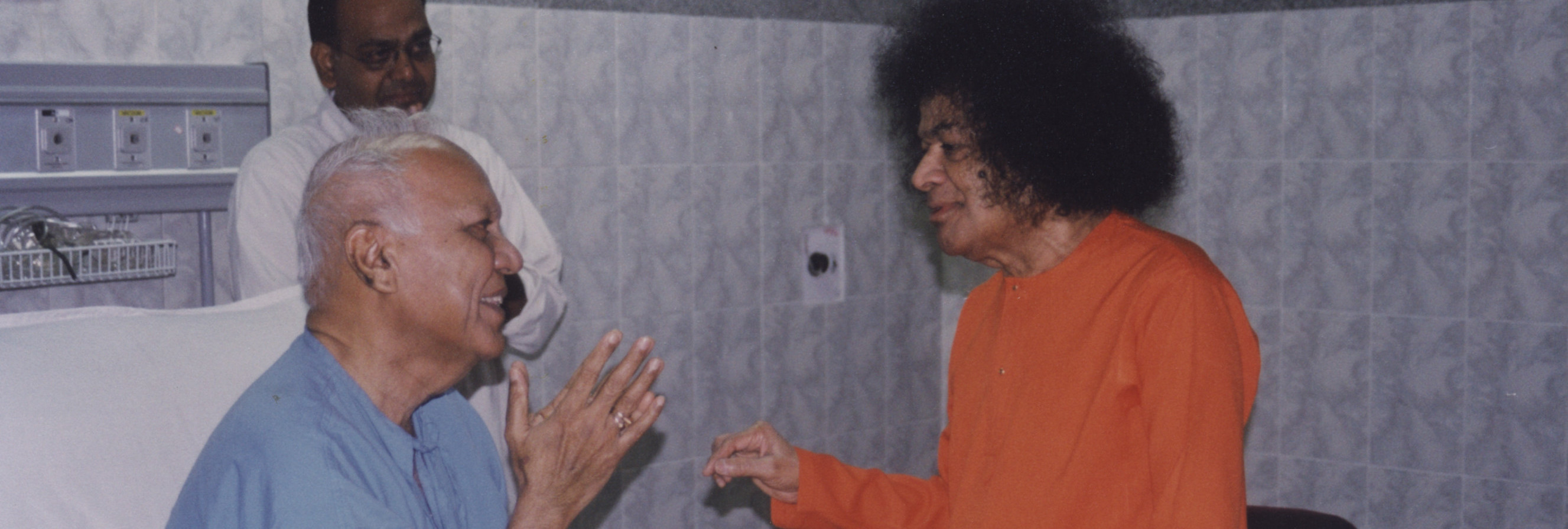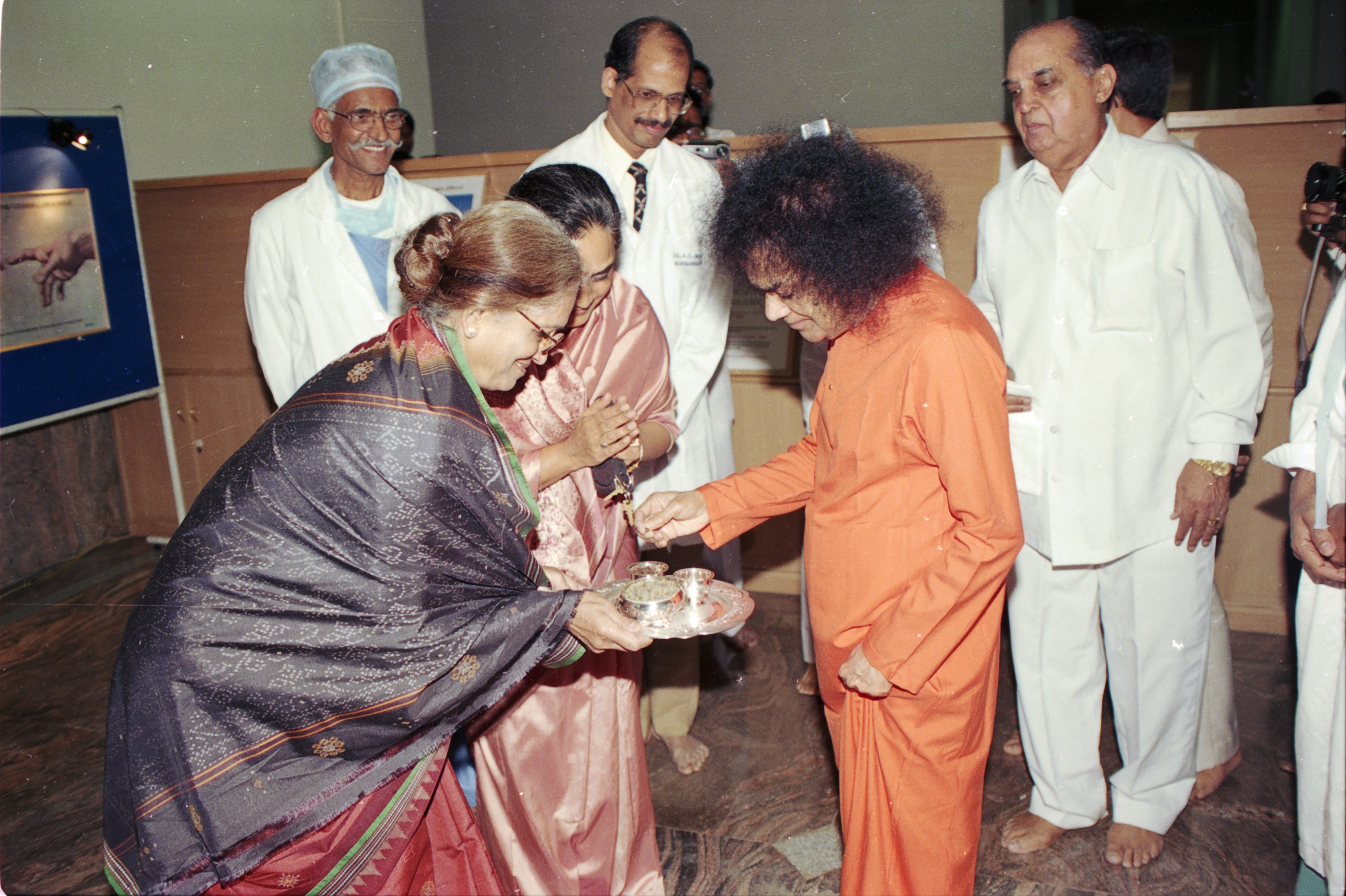A calm balm for patients-Old article in Deccan Herald 2009
Social initiative. The free counselling programme at the Sri Sathya Sai Institute of Higher Medical Sciences is drawing the attention of national and international experts, writes Aruna Chandaraju. (Deccan Herald 30 December 2009).
Counselling patients at hospitals is not a new or unheard-of practice whether in India or abroad. So, what is it about the counselling programme for cardiac and neuro patients at Sri Sathya Sai Institute of Higher Medical Sciences (SSSIHMS), Bangalore, that is drawing the attention and admiration of experts in this field in India and top hospitals abroad?
Sample a few reactions. Dr David Spiegel, Director, Dept of Integrative Medicine, Stanford Medical School, opined that providing emotional and spiritual support through mind-conditioning is essential in patient-care and in this respect SSSIHMS seems to have a very comprehensive programme. At Mayo Clinic, Dr Amit Sood, Research Director, Dept of Complementary and Integrative Medicine, echoed similar sentiments.
Holistic approach
Dr Judith Moore, Director, Counselling Centre, Univ of East Anglia, UK; and Dr Susan Folkmann, Distinguished Professor of Integrative Medicine, UCSF Medical School, felt it addressed vital emotional and spiritual needs of patients and contributed to their well-being. A presentation on this programme was well-received at the 2008 International Conference on Counselling in the UK. Doctors at Karolinska Institutet, Sweden, and of Kaiser Permanente Hospital Group were similarly impressed. Dr Mary Kreitzer, Director, Centre for Spirituality and Healing, University of Minnesota Medical School, remarked that SSSIHMS was successfully applying the whole-systems approach to medicare wherein mind, body and spirit are addressed.
Understanding patients’ needs
So, intrigued, we visited the hospital. We met M S Umesh Rao, HOD, Counselling Department, SSSIHMS, and his wife Gita Umesh, who work with Senior Counsellors Ramani Suryanarayan and Usha Punja, and a 20-member team. All are volunteers rendering free service including Umesh Rao, an industrialist and IISc alumnus. They walked us through the three-stage, person-centred programme ‘Counselling the SAI Way’ inspired by the teachings of spiritual leader and SSSIHMS founder Sathya Sai Baba. SAI is also an acronym for Spirituality, Awareness, Integration. The counselling programme sessions focus on helping the patient and family relax body and mind. Counselling uses the patient’s mother-tongue––so he/she can easily express to the counsellor his/her anxieties and problems, including what led up to this illness. This has a wonderful cathartic effect too.
Suggesting lifestyle changes
The first stage of counselling is on admission, and the second is post-operative bedside counselling, 24 hours after the patient’s transfer from the ICU into the post-operative ward. The third stage is Discharge Counselling wherein patients and their families are given advice, carefully tailored to their physical problem and life-circumstances, regarding lifestyle changes and home-care. Besides, some patients receive extra counselling sessions, like long-stay patients or those whose prognosis is not good.
A vital element in all sessions is the teaching of techniques of body relaxation, mind-cleansing, positive thinking, and mind-conditioning. The patient is also advised to use prayer to his chosen God, to meet the challenges of his illness. For the patient, just being able to talk freely to someone at every critical stage of his/her hospital stay and treatment, and receive valuable advice is a great psychological benefit.
Already, the zero-cost, medical-care policy of SSSIHMS is a big comfort for patients, especially the economically disadvantaged. This counselling becomes yet another support system for them.
This programme is unique in that it is an integral part of treatment, unlike hospitals worldwide where it’s generally offered as an option. Actually, it is not widely offered in Indian hospitals, even as an option. Second, the counselling (like the entire treatment) is totally free of cost. Finally, it is secular and has a strong spiritual component. The programme was introduced in 2001 (when the hospital opened) based on the mind-body connection. It integrated the teachings of Sai Baba who emphasises a holistic approach to medicare which addresses not only a patient’s bodily needs but his emotional and spiritual needs too.
Since it was the first of its kind, the counselling team followed the Kolb Method where, in the absence of precedents, a programme is formatted based on experiential learning. Consistent support was provided by SSSIHMS former director Dr A N Safaya and current director Dr A S Hegde. Over the years, with insights from the extensive hands-on experience, the programme has evolved to become the highly methodical and streamlined process it is today.
Currently, SSSIHMS is in the process of formulating a robust model and making it available as a programme/model which is replicable by other medical institutions.

